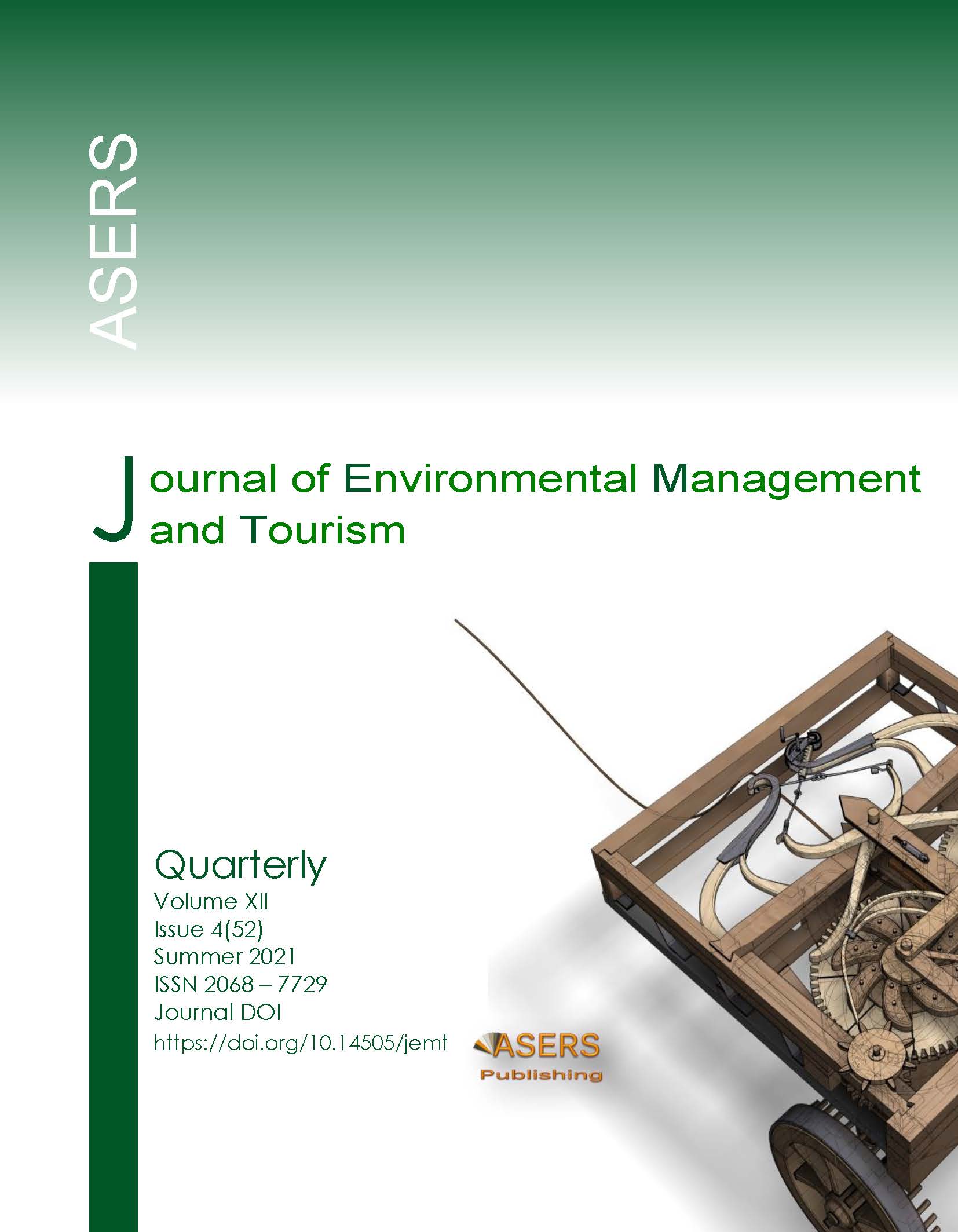Crisis Management of Restaurant Business in Modern Conditions
Crisis Management of Restaurant Business in Modern Conditions
Author(s): Alena KLYMCHUK, Valentyna POSTOVA, Olena Moskvichova, Iryna HRYHORUKSubject(s): Business Economy / Management, Tourism
Published by: ASERS Publishing
Keywords: crisis management; motivation; bankruptcy; crisis diagnostics; innovation policy; reorganization; capacity to pay; liquidity;
Summary/Abstract: The aim of the article is the study of presumable and real causes of the crisis, the factors that cause it, its signs and consequences that deteriorate the normal conditions of the enterprise functioning. Research methods used in the process of writing the work include general and special methods. From general research methods the following were used: deduction (when constructing the structure of work in the logical interconnectedness and unity, as well as the interdependence of its components), induction (when forming general conclusions of the study), abstract logic and synthesis (when clarifying the interpretations of the categorical tools of crisis management), analysis (in the development of classifications of crisis phenomena, in the study of trends in restaurants crisis management, in processing the results). Special methods used include factor analysis, computational analysis and method of comparisons, tabular and graphic, economic and statistical correlation analysis, forecasting methods (in justifying the prospects of institutions) restaurant business after the cessation of the spread of the coronavirus pandemic) and other methods of studying economic and managerial processes and phenomena. This paper investigates the system of restaurant crisis management and defines its essence and main components. It also considers necessity and relevance of crisis diagnostics and monitoring of restaurants activities and operations during different crisis lifecycle stages. The present work includes a comparison of foreign and Ukrainian experience, as well as the practices of crisis management and reorganization, state regulation in the realm of bankruptcy. It establishes the main external factors of unprofitable activity of restaurant establishments. It determines that the innovation policy in the crisis management process is one of the main tools that contributes to the exit of the establishments under study from the crisis and increase their competitive positions in the market. The current study presents a generalized sequence of crisis management strategic goals implementation. It identifies the phases of the crisis development and the stages of the crisis lifecycle in the restaurant business. It shows the developed structural organisation of restaurant establishments under the influence of the anti-crisis action program. Also, it presents specially developed proposals to reduce electricity costs in the restaurant business. This research offers motivational components that are recommended for introduction into the establishments activities and presents the structural model of restaurants activity crisis management system.
Journal: Journal of Environmental Management and Tourism (JEMT)
- Issue Year: XII/2021
- Issue No: 04(52)
- Page Range: 977 - 985
- Page Count: 9
- Language: English
- Content File-PDF

